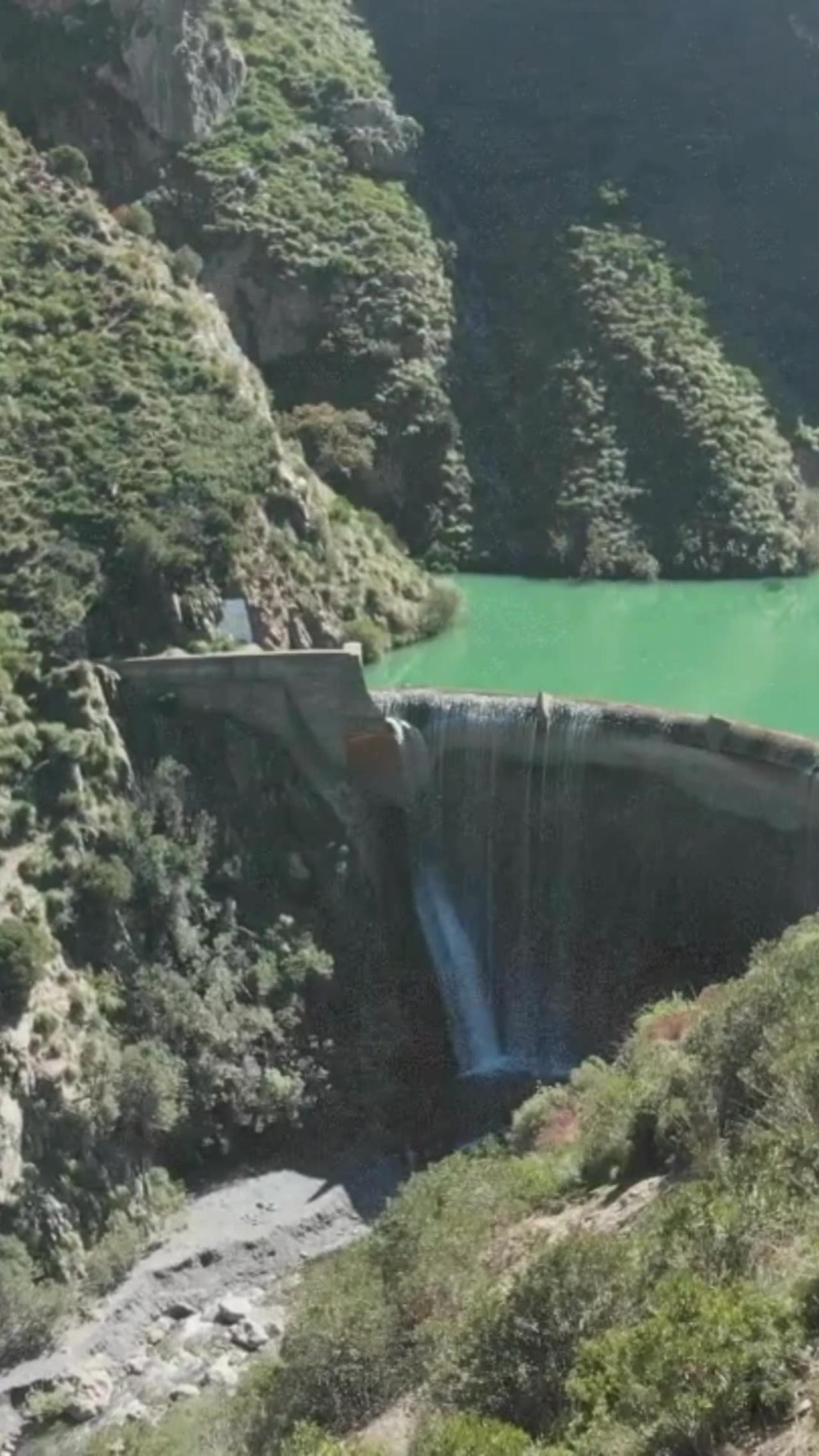
Algeria, located in North Africa, is the largest country on the continent and the 10th largest in the world.
Its capital and most populous city are Algiers.
Bordered by the Mediterranean Sea to the north, Algeria shares its borders with several countries, including Tunisia, Libya, Niger, Mali, Mauritania, Western Sahara, and Morocco.
The diverse landscape of Algeria encompasses the Sahara Desert, the Atlas Mountains, and the coastal plains.
Algeria has a rich history that reflects its strategic location as a crossroads of various civilizations, including Berber, Roman, Arab, Ottoman, and French influences.
It gained independence from French colonial rule in 1962 after a long and arduous war of liberation.
The country is known for its hydrocarbons, particularly natural gas and oil, which constitute a significant portion of its economy.
However, Algeria has been working towards economic diversification to reduce its reliance on hydrocarbon exports.
Algeria's cultural heritage is vibrant, influenced by its indigenous Berber roots and centuries of interaction with other civilizations.
The country is celebrated for its traditional music, literature, and distinctive art, with the ancient city of Tlemcen being a UNESCO World Heritage Site.
Despite facing economic challenges, Algeria is recognized for its stability in the region and its diplomatic role in African and Arab affairs.
The Algerian people have a strong sense of national identity and pride, shaped by their struggle for independence and a commitment to preserving their cultural heritage.
